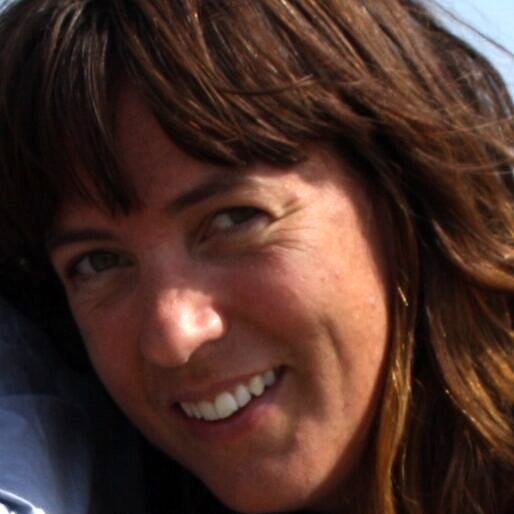Charlotte Faurie
The research programs that I develop concern the physiological and behavioral adaptations of the human species. They are located at the interface between evolutionary sciences, medicine and human sciences. The evolutionary approach, by taking into account the processes of natural selection and evolutionary trade-offs, has opened many avenues to current issues in the field of health. In particular, investigations on local adaptations and on the adaptive specificities of women promise multiple applications for the development of individualized medicine. However, a lot of work remains to be done to strengthen the bridges between physicians and evolutionary biologists, and in particular to bring the research topics closer to the concrete problems of clinicians and patients. This is why I have devoted the last few years to medical studies, which allowed me to become a doctor in 2021. My current research projects concern: genetic and behavioral mechanisms of local adaptation to risk, the effects of oxytocin administration on the mother-child relationship and child development, the influence of the menstrual cycle on inflammatory diseases, and the interest of probiotic prescription.
- A. Nitsch, V. Lummaa, Charlotte Faurie. Sibship effects on dispersal behaviour in a pre-industrial human population. Journal of Evolutionary Biology, 2016, 29 (10), pp.1986-1998. ⟨10.1111/jeb.12922⟩. ⟨hal-03063869⟩
- Arnaud Tognetti, Dimitri Dubois, Charlotte Faurie, Marc Willinger. Men increase contributions to a public good when under sexual competition. Scientific Reports, 2016, 6 (1), ⟨10.1038/srep29819⟩. ⟨hal-01864987⟩
- Alexandra Alvergne, Jenkinson Crispin, Charlotte Faurie. Evolutionary thinking in medicine: from research to policy and practice. Springer, 2016, Advances in the Evolutionary Analysis of Human Behaviour. ⟨hal-04028875⟩
- Charlotte Faurie, Michel Raymond, Natalie Uomini. Origins, Development, and Persistence of Laterality in Humans. Loffing F.; Hagemann N.; Strauss B.; MacMahon C. Laterality in Sports, Academic Press, pp.11-30, 2016, ⟨10.1016/B978-0-12-801426-4.00002-X⟩. ⟨hal-04029014⟩
- Charlotte Faurie, Michel Raymond. Biologie évolutive humaine. Thomas F.; Lefevre T.; Raymond M. Biologie évolutive. 2nd Edition, De Boeck, pp.645-697, 2015. ⟨hal-04028988⟩
- A. Tognetti, C. Berticat, Michel Raymond, Charlotte Faurie. Assortative mating based on cooperativeness and generosity. Journal of Evolutionary Biology, 2014, 27 (5), pp.975-981. ⟨10.1111/jeb.12346⟩. ⟨hal-03036637⟩
- Aïda Nitsch, Charlotte Faurie, Virpi Lummaa. Alloparenting in humans: fitness consequences of aunts and uncles on survival in historical Finland. Behavioral Ecology, 2014, 25 (2), pp.424-433. ⟨10.1093/beheco/art126⟩. ⟨hal-03001904⟩
- Arnaud Tognetti, Claire Berticat, Michel Raymond, Charlotte Faurie. Is cooperativeness readable in static facial features? An inter-cultural approach. Evolution and Human Behavior, 2013, 34 (6), pp.427-432. ⟨10.1016/j.evolhumbehav.2013.08.002⟩. ⟨hal-04023640⟩
- Charlotte Faurie, Michel Raymond. The fighting hypothesis as an evolutionary explanation for the handedness polymorphism in humans: where are we?. Annals of the New York Academy of Sciences, 2013, 1288 (1), pp.110-113. ⟨10.1111/nyas.12159⟩. ⟨hal-04023566⟩
- Aïda Nitsch, Charlotte Faurie, Virpi Lummaa. Are elder siblings helpers or competitors? Antagonistic fitness effects of sibling interactions in humans. Proceedings of the Royal Society B: Biological Sciences, 2013, 280 (1750), pp.20122313. ⟨10.1098/rspb.2012.2313⟩. ⟨hal-04023593⟩


